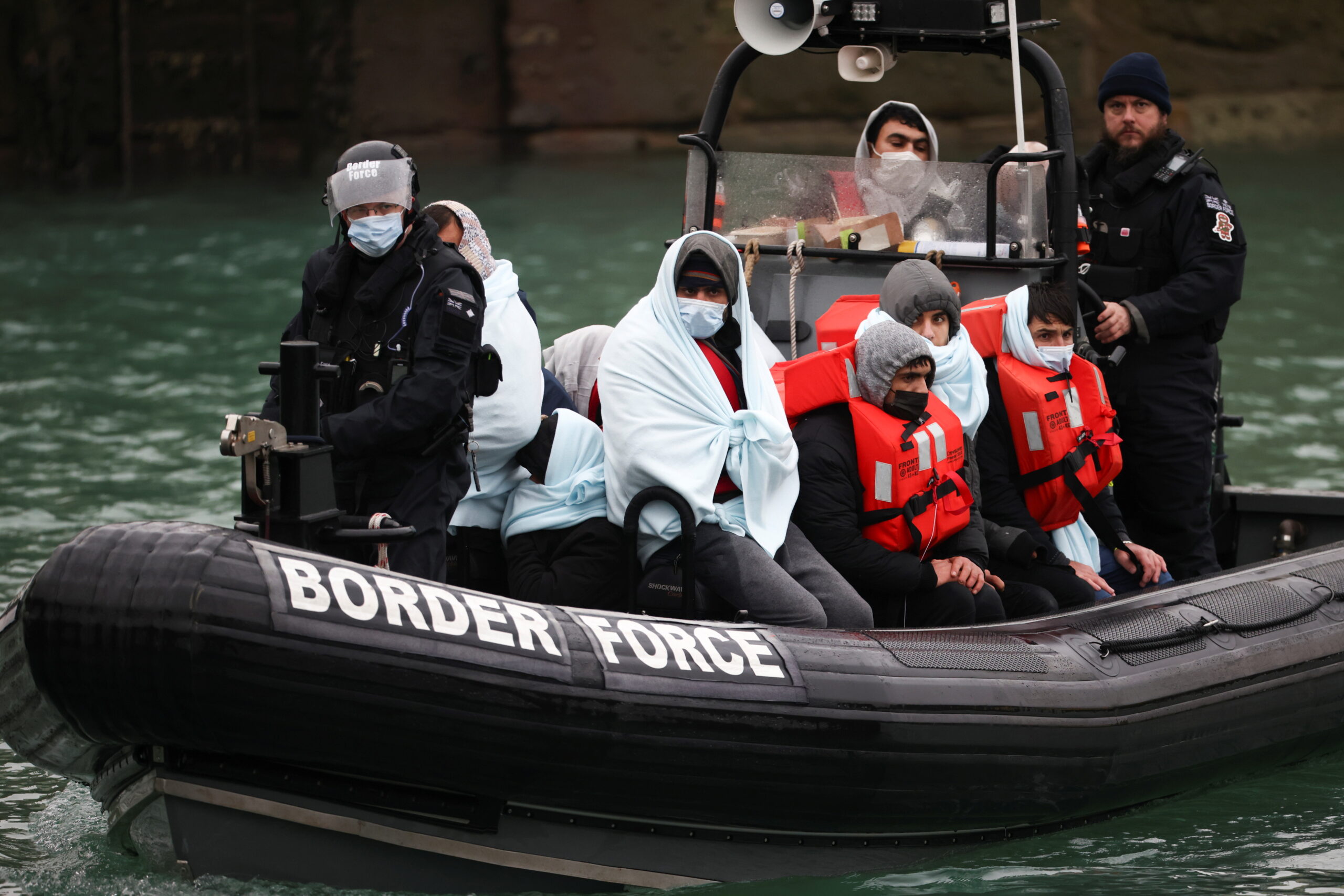Fifteen EU countries have asked the European Commission to find “new ways” to manage irregular migrants, including sending some to other countries. This request comes as the EU updates its asylum rules.
The demand, made just a month before European Parliament elections, shows rising worries about immigration in the EU. Far-right, anti-immigration parties are expected to gain more support in these elections, putting more pressure on EU leaders to tackle the issue more forcefully.
Also read How to apply for Canadian Permanent Residency from your home country in 2024: A simple guide
The letter was signed by Austria, Bulgaria, Cyprus, the Czech Republic, Denmark, Finland, Estonia, Greece, Italy, Latvia, Lithuania, Malta, the Netherlands, Poland, and Romania. These countries urged the EU’s executive arm to “propose new ways and solutions to prevent irregular migration to Europe.” They emphasized the need to strengthen the EU’s asylum and migration pact, which includes tighter border controls and faster deportation processes for rejected asylum applications.
New Measures Proposed for Asylum and Migration Pact
The asylum and migration pact, set to be operational from 2026, aims to streamline the vetting process for undocumented arrivals and establish new border detention centers. The 15 countries want mechanisms to detect and intercept migrant boats, taking them to “a predetermined place of safety in a partner country outside the EU” where durable solutions for migrants could be found.
Also read 10 Best Countries to Move Abroad on a Work Visa in 2024
One model cited is Italy’s controversial agreement with Albania. Under this deal, thousands of asylum seekers intercepted at sea are transferred to holding camps in Albania while their cases are processed.
EU’s Response and Legal Challenges
The European Commission has acknowledged the letter and will review the proposals. However, spokeswoman Anitta Hipper stated that the focus remains on implementing the existing migration and asylum pact. According to EU law, asylum seekers can be sent to a third country if it is deemed safe and if the applicant has a genuine link to that country.
This condition sets the EU apart from the UK’s approach, which involves sending irregular arrivals to Rwanda without allowing them to request asylum in the UK.
Mixed Reactions and Upcoming Challenges
Camille Le Coz, associate director of the Migration Policy Institute, noted the legal complexities and high costs associated with these models. She mentioned that the opening of migrant reception centers in Albania, as part of the deal with Italy, had been delayed. The upcoming European elections will usher in a new European Commission, which will have to weigh these proposals.
Significantly, major EU countries like France, Germany, and Spain did not sign the letter. “For certain member countries, the priority really is the implementation of the pact, and that in itself is already a huge task,” Le Coz said.
Also read Australia Implements Stricter Visa Rules for International Students
Dutch Government’s Tough Stance on Immigration
The incoming Dutch government, led by Geert Wilders’ nationalist PVV party, aims to impose the “strictest-ever asylum regime” with stronger border controls and harsher rules for asylum seekers. This includes an opt-out clause from European asylum and migration policies, setting up a potential clash with Brussels.
Conclusion
As the EU deals with the challenges of migration policy, the demands from these 15 countries show the ongoing issues and political pressures. The upcoming European Parliament elections and the new Dutch government’s plans will significantly impact how the EU manages migration in the future.

